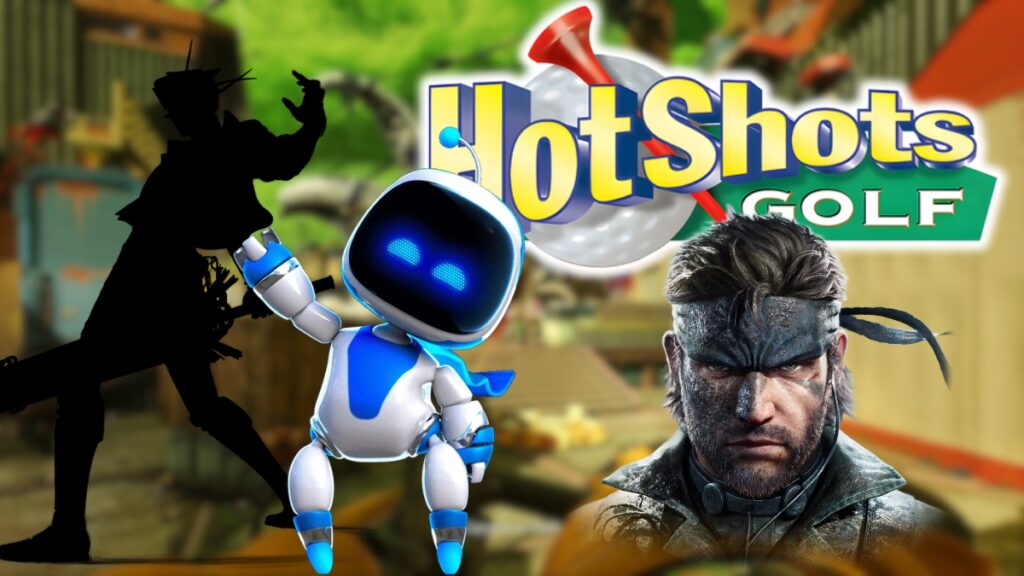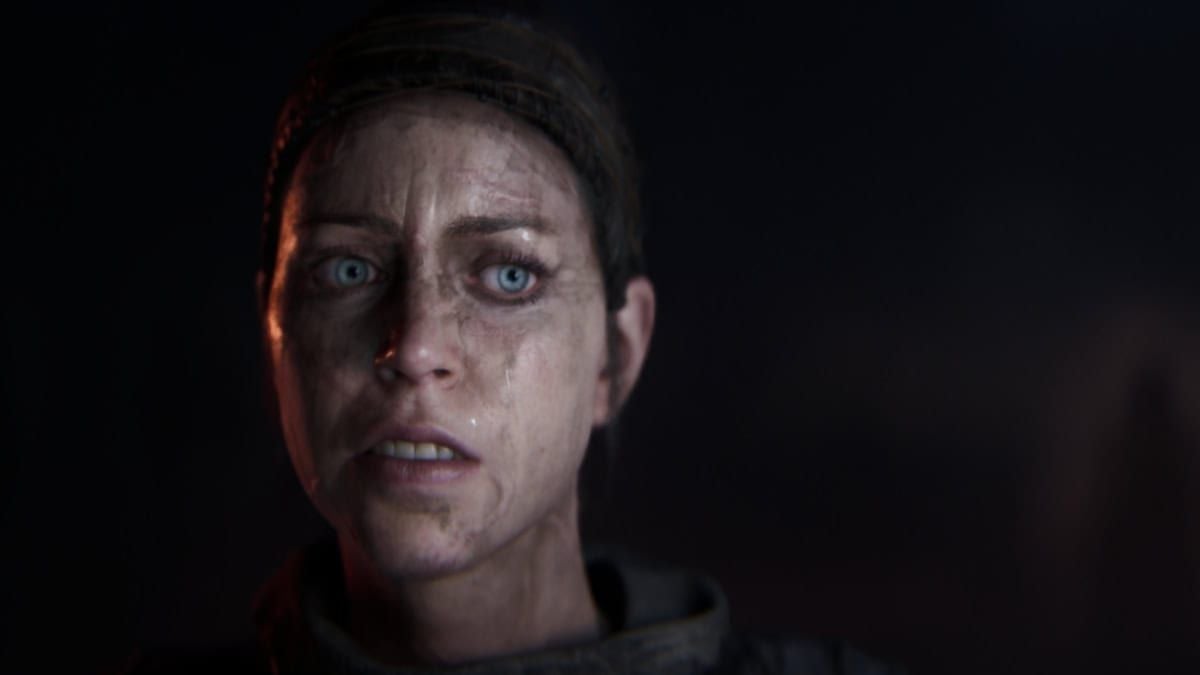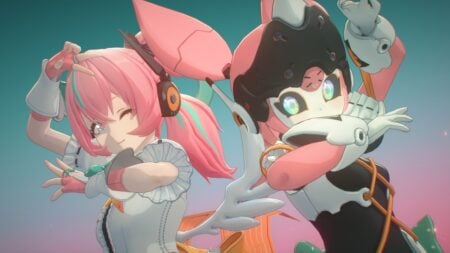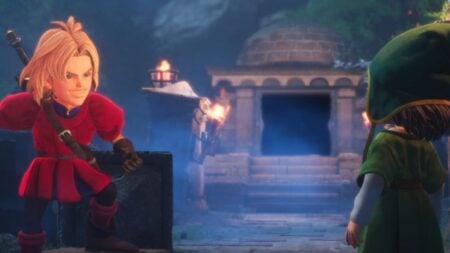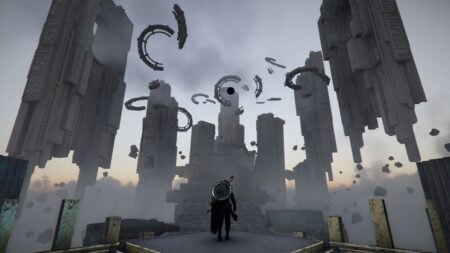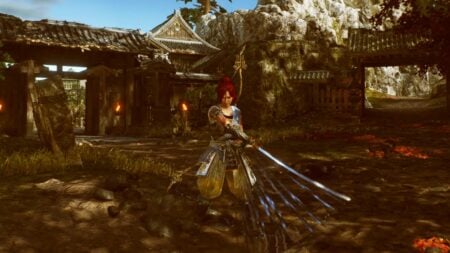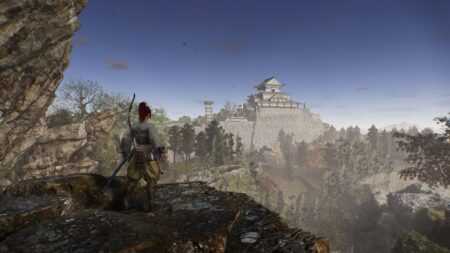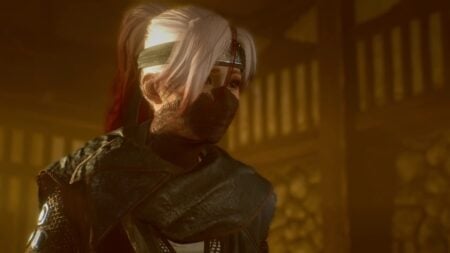For those of us who have been gaming long enough to witness the industry’s ups and downs, we are well aware of PlayStation’s history of incredibly strange games. Personally, during my childhood, I associated Sony’s consoles with unusual horror titles like Fatal Frame and Rule of Rose, JRPGs such as Dark Cloud, and colorful platformers like Jak and Daxter, Spyro, and Crash Bandicoot. In recent years, game releases have become less frequent in favor of a completely new direction: live service.
As most of us are aware, Sony hasn’t had a whole lot of luck with live-service games, as we’ve learned from the release of Firewalk Studio’s Concord. Sometimes, a studio just needs to realize that it can’t do everything well. So, instead of pushing forward and greenlighting projects that might also fail, they’ve gone back to their roots. Realistically, I’d like to think that Sony has been revisiting and selecting elements from PlayStation’s iconic past to enhance the quality of their customer relationships.

Although Death Stranding may not be the best example, it serves my purpose well. If you take a step back and consider the game without Hideo Kojima’s influence, it is likely that it wouldn’t connect with most players. It’d probably resonate in a more subdued manner, similar to how fans appreciate the works of Remedy Entertainment, but without the context of his iconic library, thanks to the PlayStation family of consoles. Then, I’d argue that some gamers might not find it nearly as interesting.
I’d also like to think that other titles like Astro Bot and even Helldivers 2 owe their success partially to Sony’s return to iconic and memorable gameplay. While watching the PlayStation State of Play this month, I couldn’t help but notice that a similar, nostalgic ambiance comes from upcoming titles like Romeo is a Dead Man and Everybody’s Golf Hot Shots. I was more than surprised to see PlayStation announce a fighting stick, despite the lineup of fighting games already announced. I honestly thought that fight sticks were considered a waste of manufacturing resources that could be used for something more corporate.
However, please don’t confuse that for me complaining. I find it interesting how saturated I’ve become with the financial aspects of video games that I’m genuinely surprised by the fun being advertised. PlayStation has a very singular and unique history, and to see a return to those quirky games is incredibly relieving. There is nothing I’d like more than to see gamers gather under one roof to play fighting games together for hours at a time.
The concept of collectively being together to have fun is something I haven’t experienced in the gaming industry in quite some time. As a result, I’m glad that Sony’s live service ambitions died because otherwise, I’m not sure if we would have seen a resurgence of such interesting and genuinely fun titles. Here’s to a future of more quirky and oddball games for players of a new generation to grow up thinking, “That was really weird.“

